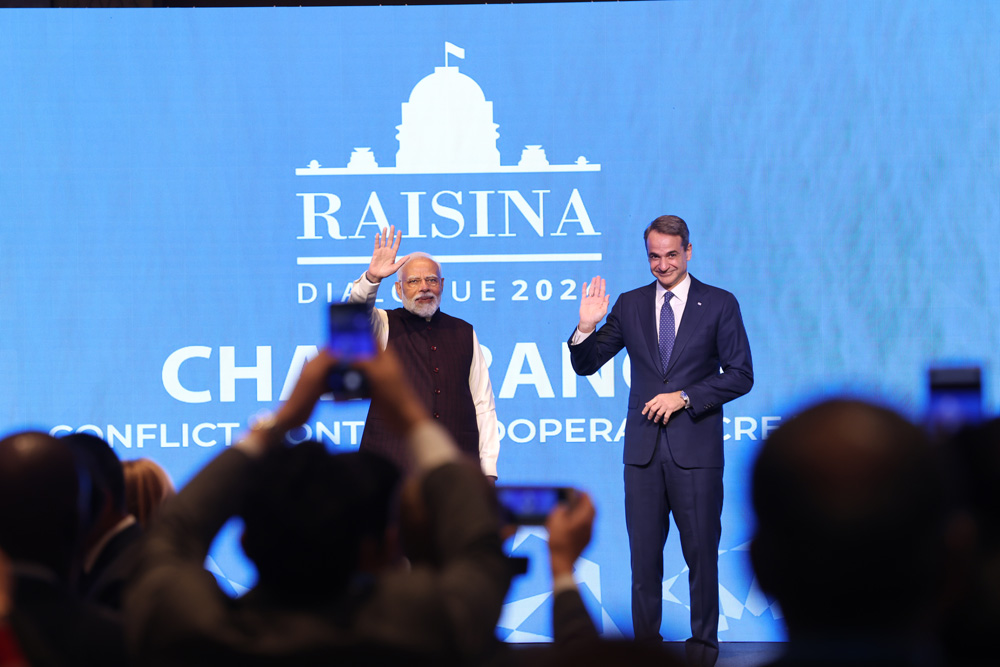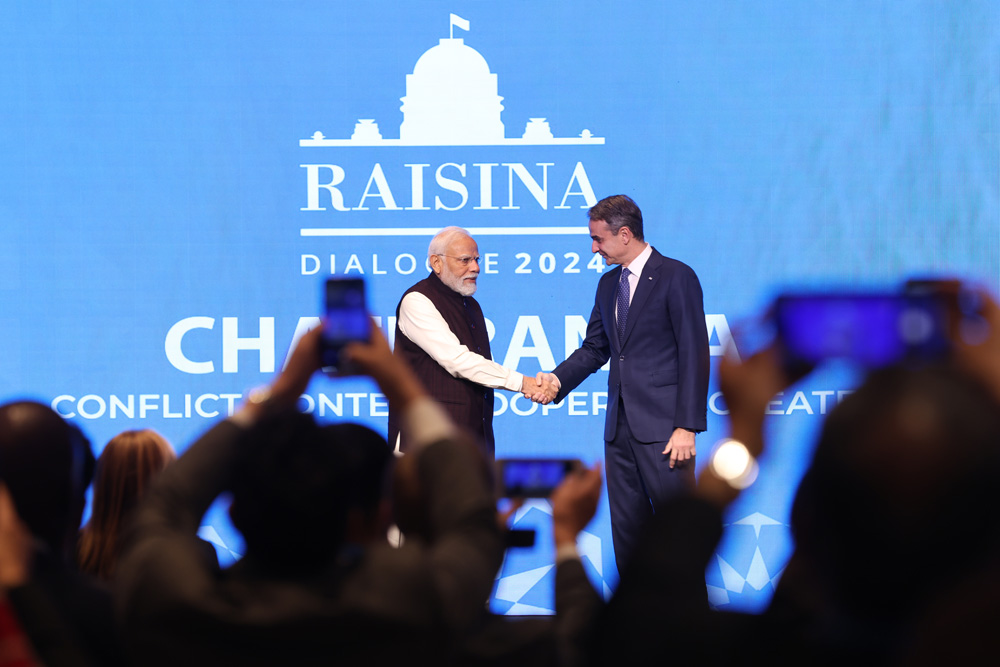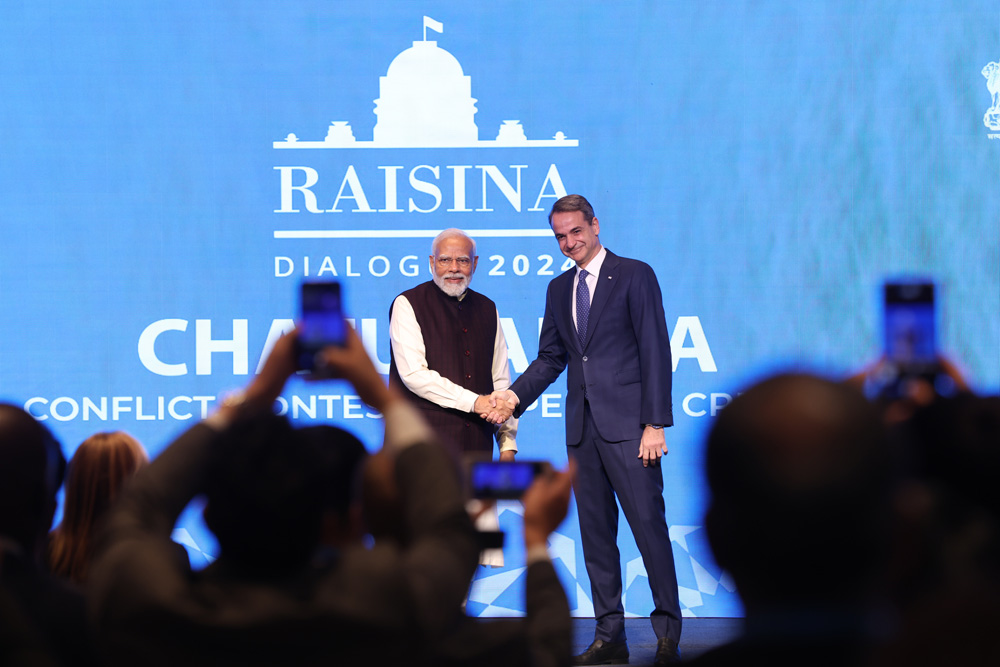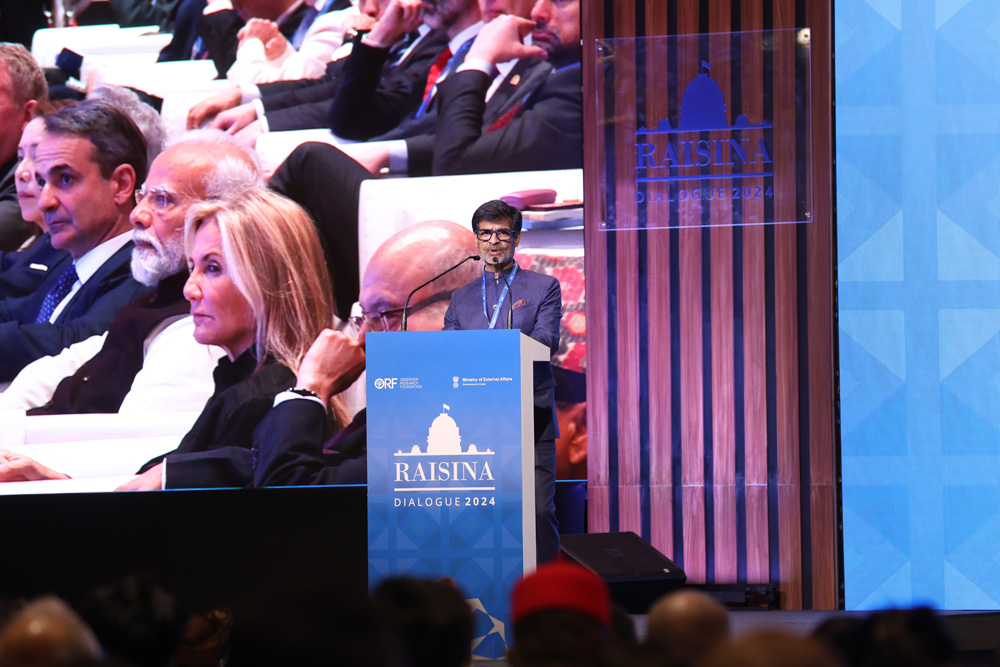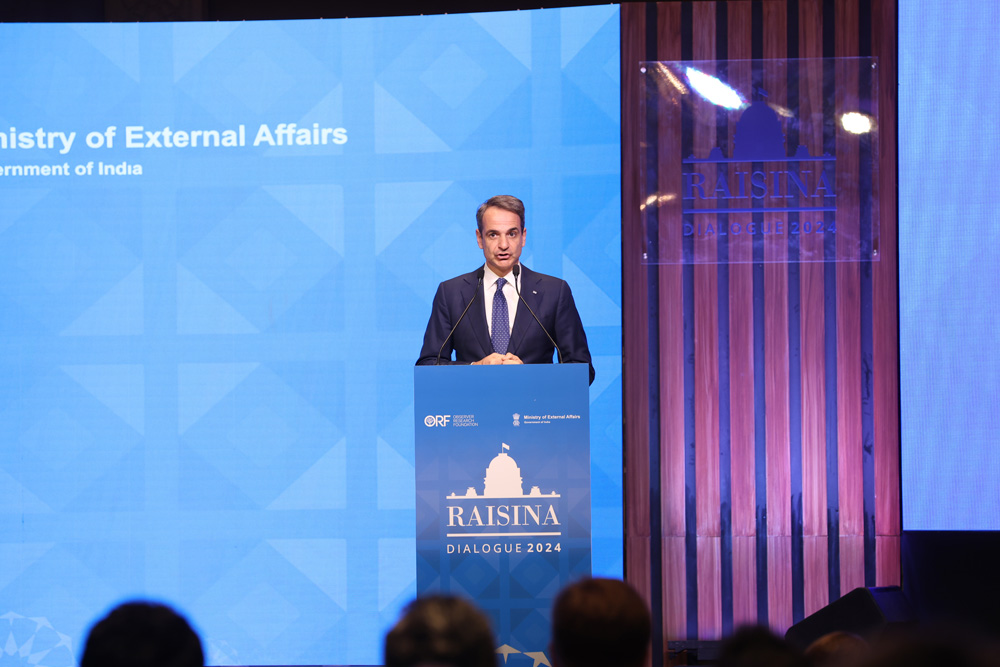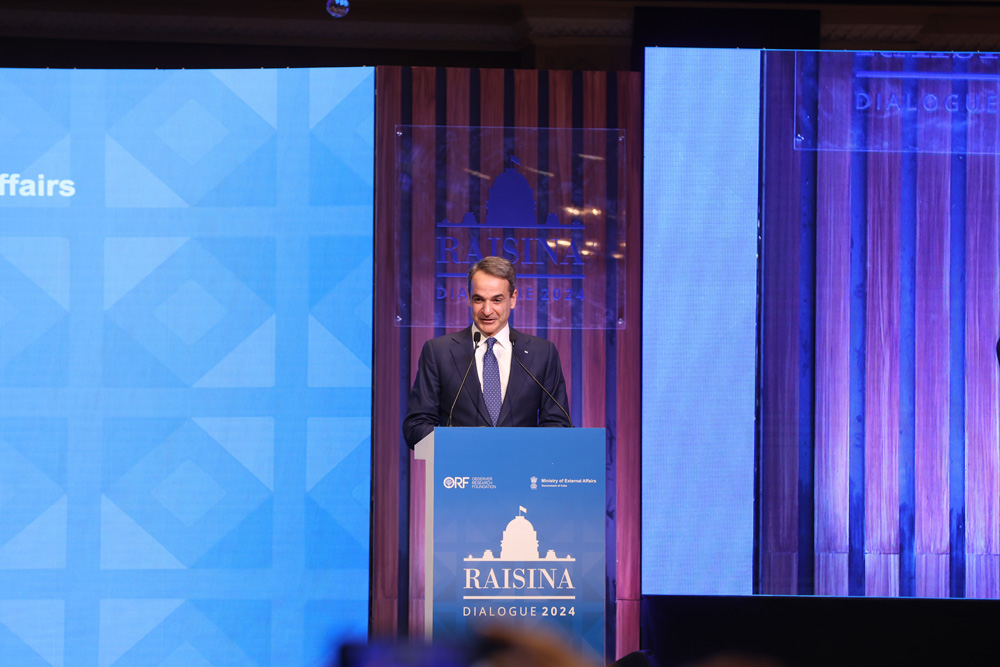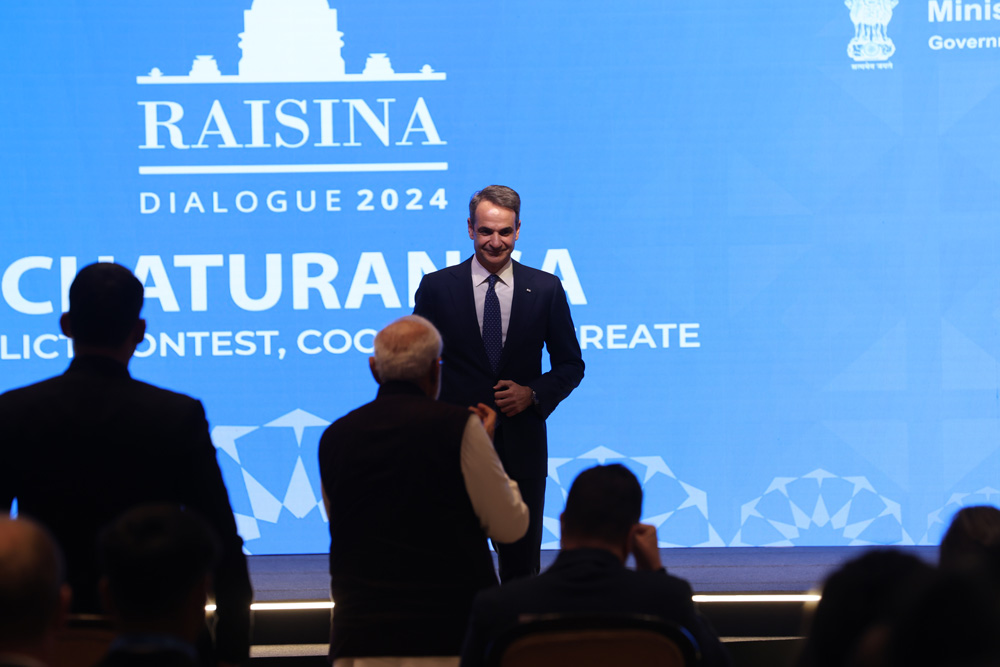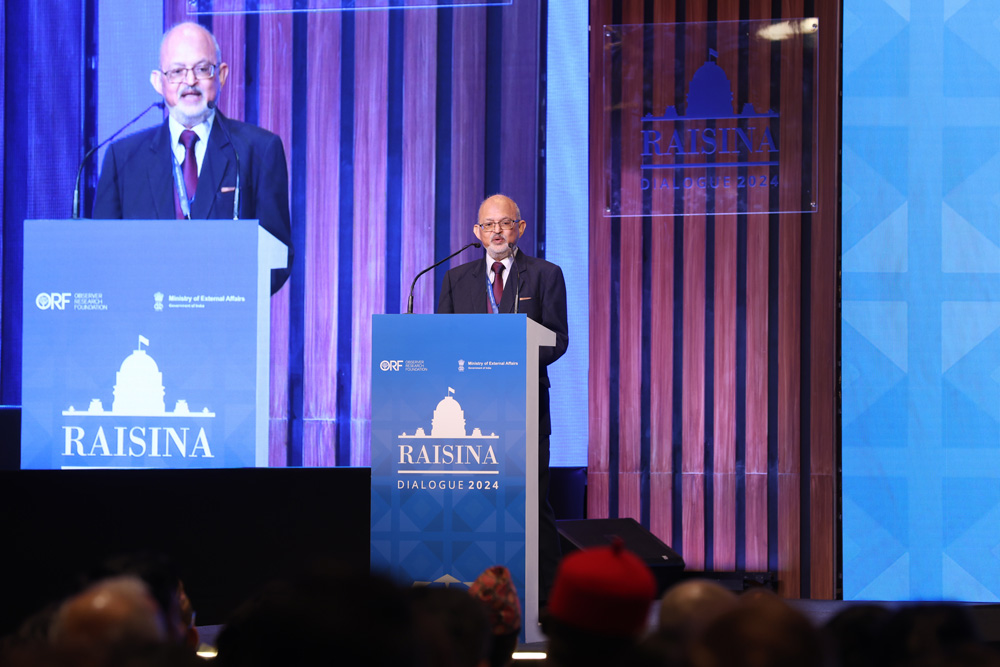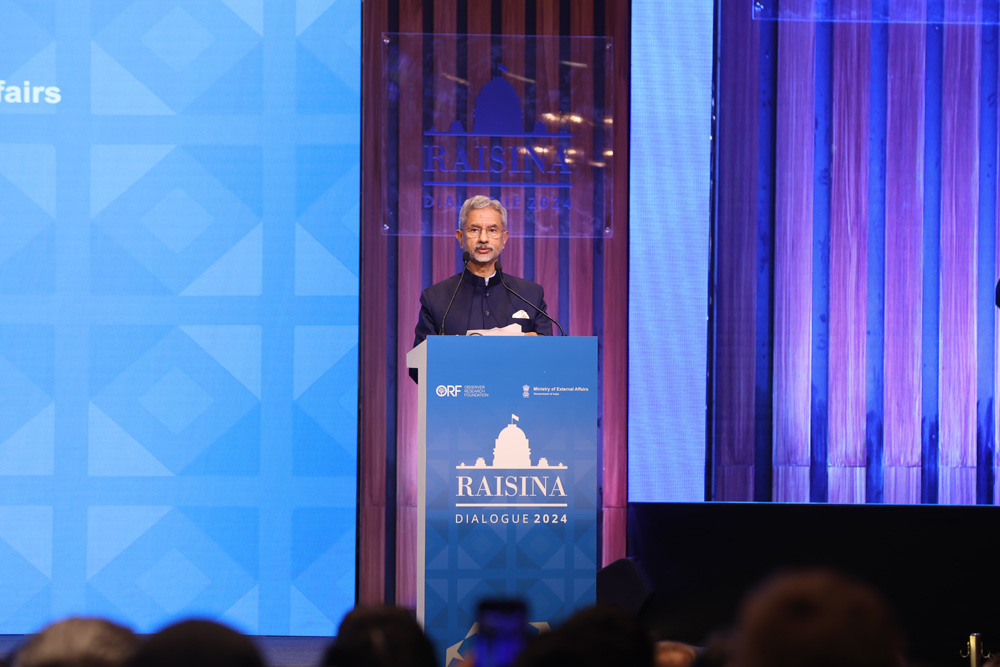
Registrations for Raisina Dialogue 2024 are closed
The Raisina Dialogue is India’s premier conference on geopolitics and geoeconomics committed to addressing the most challenging issues facing the global community. Every year, leaders in politics, business, media, and civil society converge in New Delhi to discuss the state of the world and explore opportunities for cooperation on a wide range of contemporary matters. The Dialogue is structured as a multi-stakeholder, cross-sectoral discussion, involving heads of state, cabinet ministers and local government officials, who are joined by thought leaders from the private sector, media and academia.
The conference is hosted by the Observer Research Foundation in partnership with the Ministry of External Affairs, Government of India. This effort is supported by a number of institutions, organisations and individuals, who are committed to the mission of the conference.
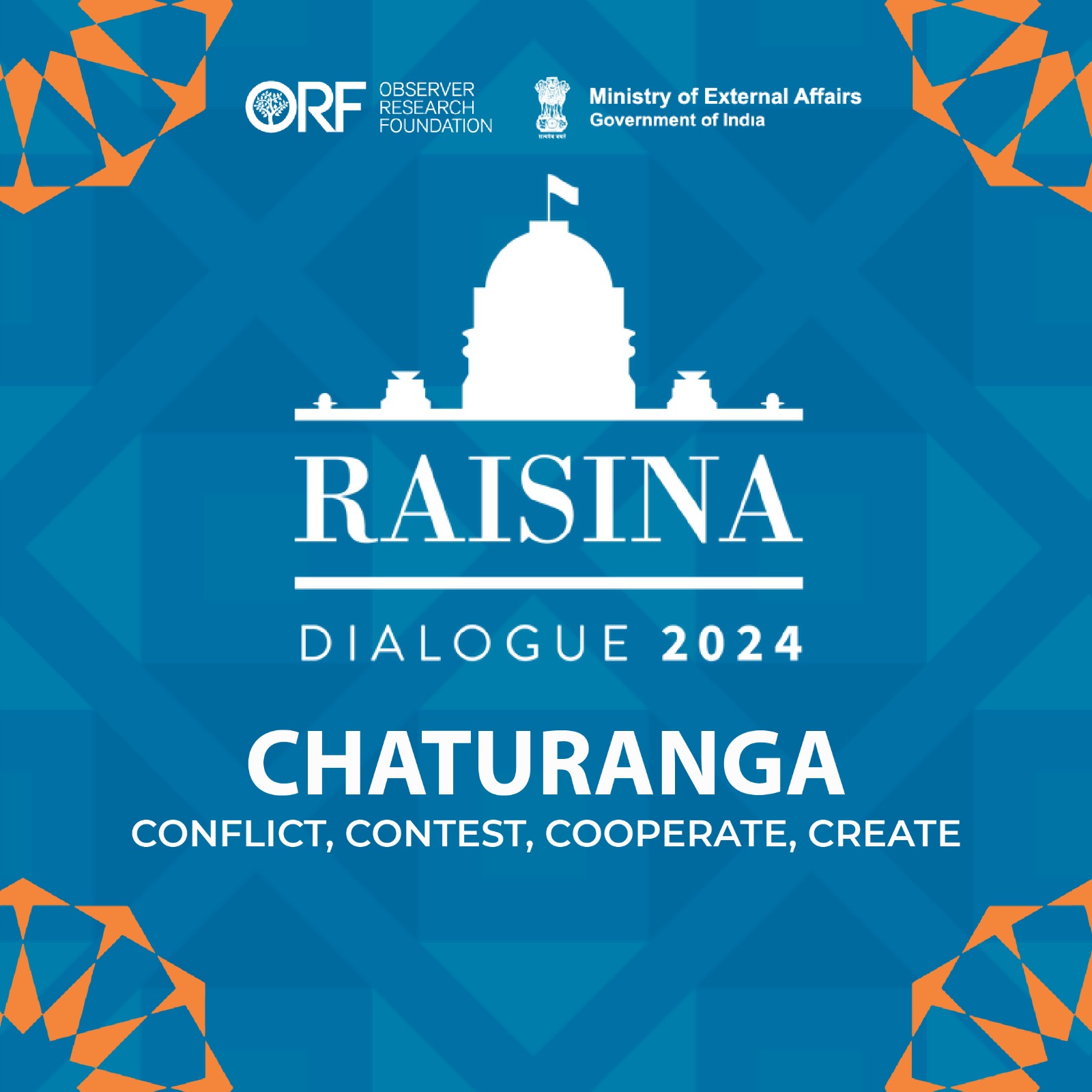

The technological revolution is not slowing down; it is expanding its domain of influence as well as its power to change lives and societies. The emergence of usable and affordable Artificial Intelligence (AI) alongside other emerging technologies like quantum computing has sparked new debates, disrupted entire sectors, and even threatened the stability of nation-states. Questions have emerged on the regulation of technology and tech giants and the role of the state and its sovereignty.
How will technology affect political stability? How, in turn, do political structures affect the speed and adoption of innovation? Is the private sector's influence pushing us towards a digital dystopia? What role will fintech and digital public infrastructure play in advancing development for all?
Countries have pledged to transition their economies and industrial capacities to a net-zero framework within the next decade. Yet political objections to assertive climate action have been growing, especially in the Global North. The Inflation Reduction Act (IRA) in the US may have ushered a new era of protectionism in the emerging green race. Questions of justice have been mainstreamed in the climate transition, but are they being misused to focus subsidies on geographies historically responsible for emissions? As economic security becomes a major focus for policymakers, will such considerations help scale up climate finance or further impede its flow? How can the private sector be made a partner in the decarbonisation effort? What would an energy transition that respects the Global South’s needs look like?
To what degree are protectionist measures unavoidable for countries? What do such steps mean for borders, trade, environment, and labour? How can the environmental impact of international finance be aligned with sustainability, ethical investments, and responsible financial practices?
Developments over the past two years, like the war in Ukraine, terror in the Middle East and the withdrawal from Afghanistan, have upended hopes for a "peace dividend" and shaken the resolve of democratic societies. They have also complicated how we think about deterrence, grand strategy, and defence production. New forms of war and battlefields are emerging, and new centres of power are determining their technological and human capacity for warfare. Is the decades-long thrust on maritime power receding? How will future conflicts be fought? What are the lessons from the new battlefields? How do these lessons impact the balance of power between states and long-term decision-making by security establishments?
Reformed multilateralism is the key to billions of hopes in the Global South and a quest for a world that recognises the aspirations and urges of its forgotten multitudes. The long shadow of the pandemic, an ongoing war in Europe, and instability in West Asia have thrown up new challenges while the rise of the Global South has called into question the very basis of the postcolonial order.
As new multilateral frameworks emerge, can they be both useful and inclusive? How is this assertion being received by established powers? How are rising geographies like Latin America, West Asia and Africa putting their stamp on multilateral architecture?
The Millennium Development Goals and the Sustainable Development Goals have defined the growth agenda for the past three decades. In 2030, the world will need to craft a new grammar for cooperation and development. What role will the private sector — and philanthropy — play in this agenda, and how can they be held accountable? How will security considerations define development goals and partnerships? What will be the main contours of development cooperation?
The democracy paradox has hit our age, even as its ideals are being challenged by technology. As democracies continue to evolve, safeguarding their basic principles remains of utmost importance. As the world’s largest democracies head into elections this year, questions are being raised about democracy’s ability to withstand the pressure of a multi-truth world. Can democracies mitigate the threat of election interference from bad actors and non-democratic forces? Will the intersection of and conflict between global norms and local practices cause a rift between Western and non-Western democracies? Can democracy survive the 4IR unscathed?
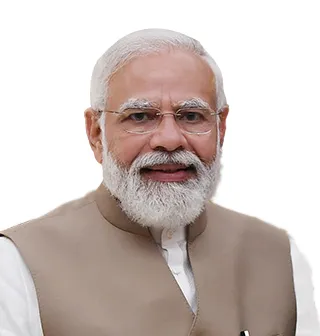
Prime Minister of India
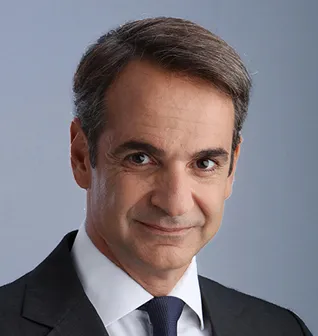
Prime Minister of Greece
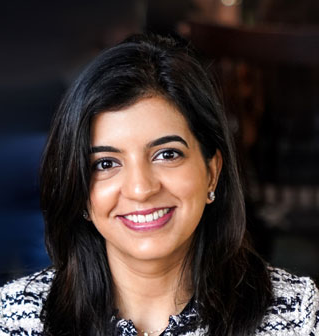
Founder and CEO, ReSet , United Arab Emirates
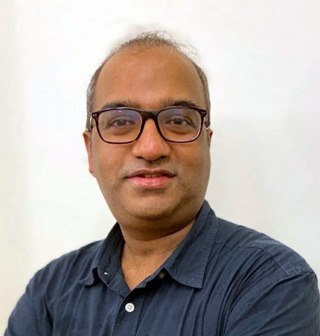
Additional Secretary, Additional Secretary, MeitY, President & CEO NeGD , India

Head of Foreign Relations, Mercator Institute for China Studies , Germany
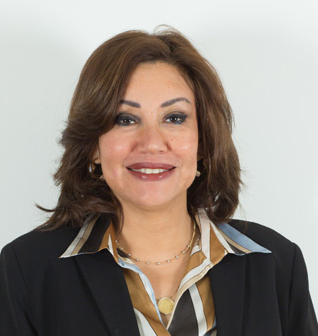
Executive Director and Director of Research, The Egyptian Center for Economic Studies , Egypt
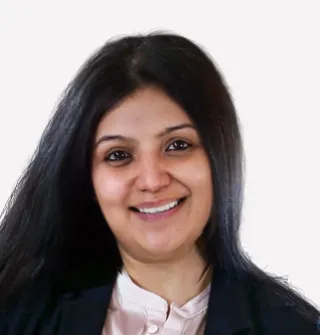
Founder and CEO, Embibe , India
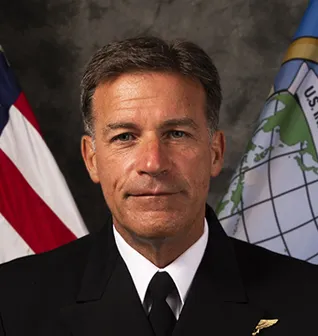
Commander, US Indo-Pacific Command, , United States
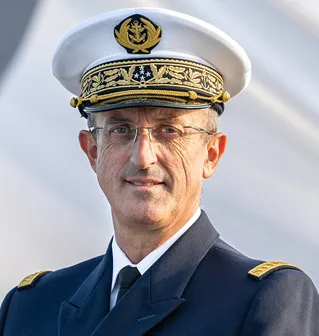
Chief of the Naval Staff, , France
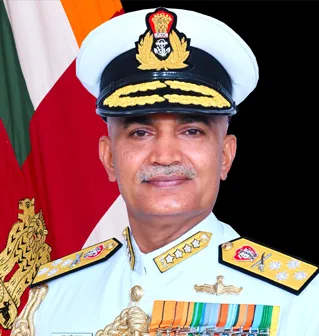
Chief of Naval Staff, , India

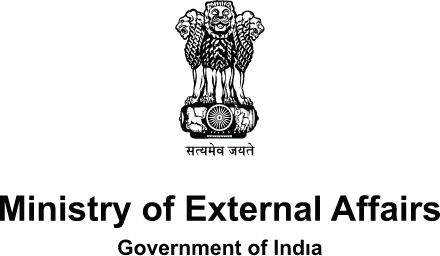
































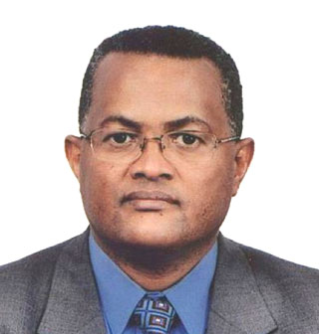
Executive Director, Centre for Dialogue, Research and Cooperation , Ethiopia
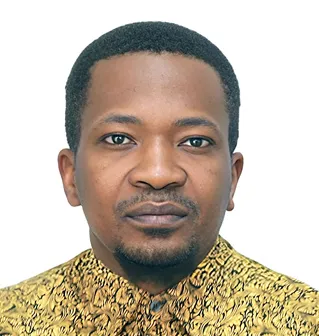
Tutorial Assistant Tanzania Public Service College, , Tanzania, United Republic of
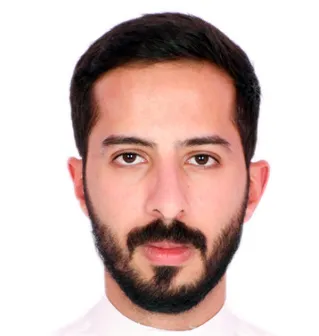
Associate Manager International Relations Unit, , Saudi Arabia
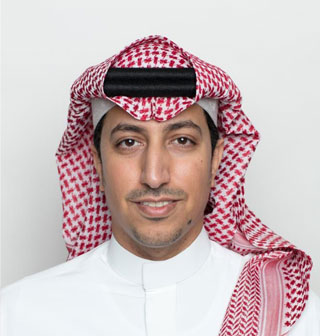
Assistant Director-General, Saudi Ministry of Foreign Affairs , Saudi Arabia
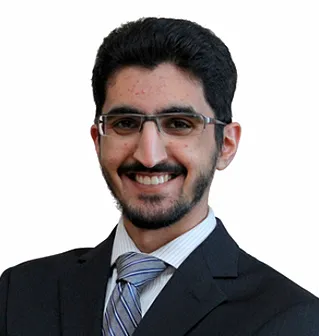
General Manager of Strategic Planning International Relations Unit, , Saudi Arabia
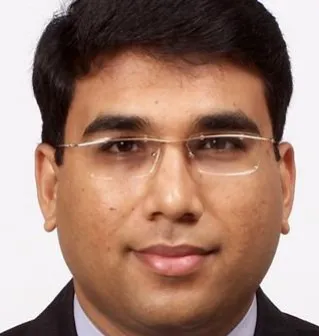
Director, Press and Corporate Affairs, BMW Group India , India
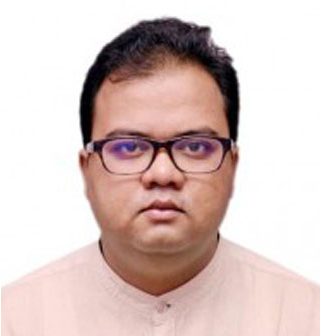
Assistant Professor, Shri Ram College of Commerce, University of Delhi , India
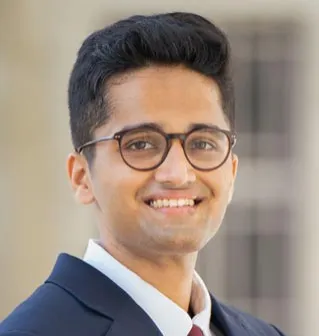
Aide to the Deputy Secretary of State (D-MR), U.S. Department of State , United States
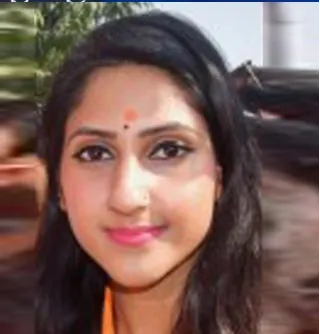
Member of Legislative Assembly, Rae Bareli, Uttar Pradesh, Bharatiya Janata Party , India
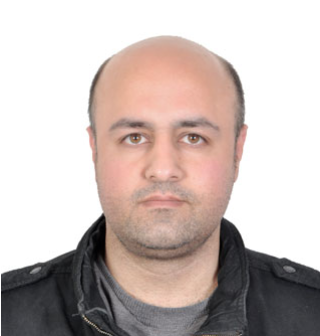
Executive Editor, National Security Strategic Affairs, TV9 Network , India
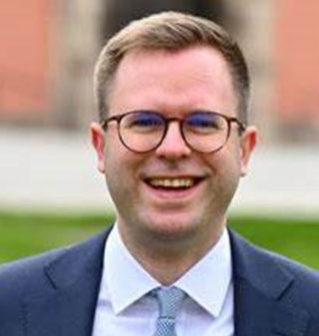
Director, Konrad Adenauer Foundation , India
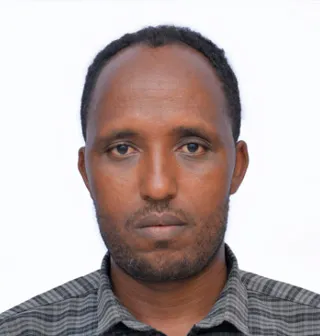
Environmental Governance Arsi University , Ethiopia
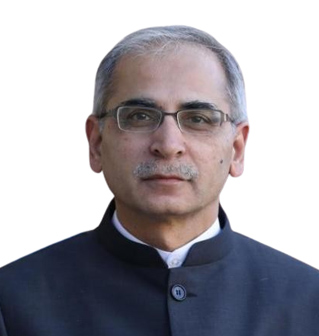
Foreign Secretary
Ministry of External Affairs
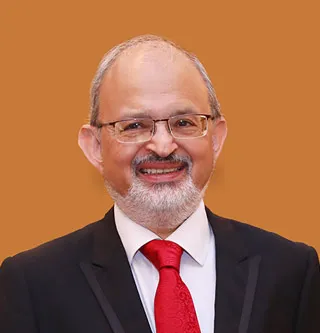
Chairman
Observer Research Foundation
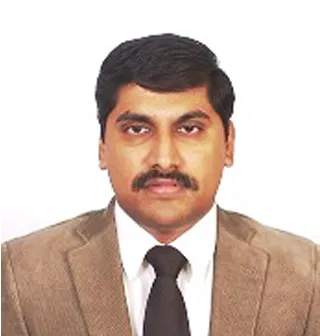
Joint Secretary, Policy Planning and Research
Ministry of External Affairs
